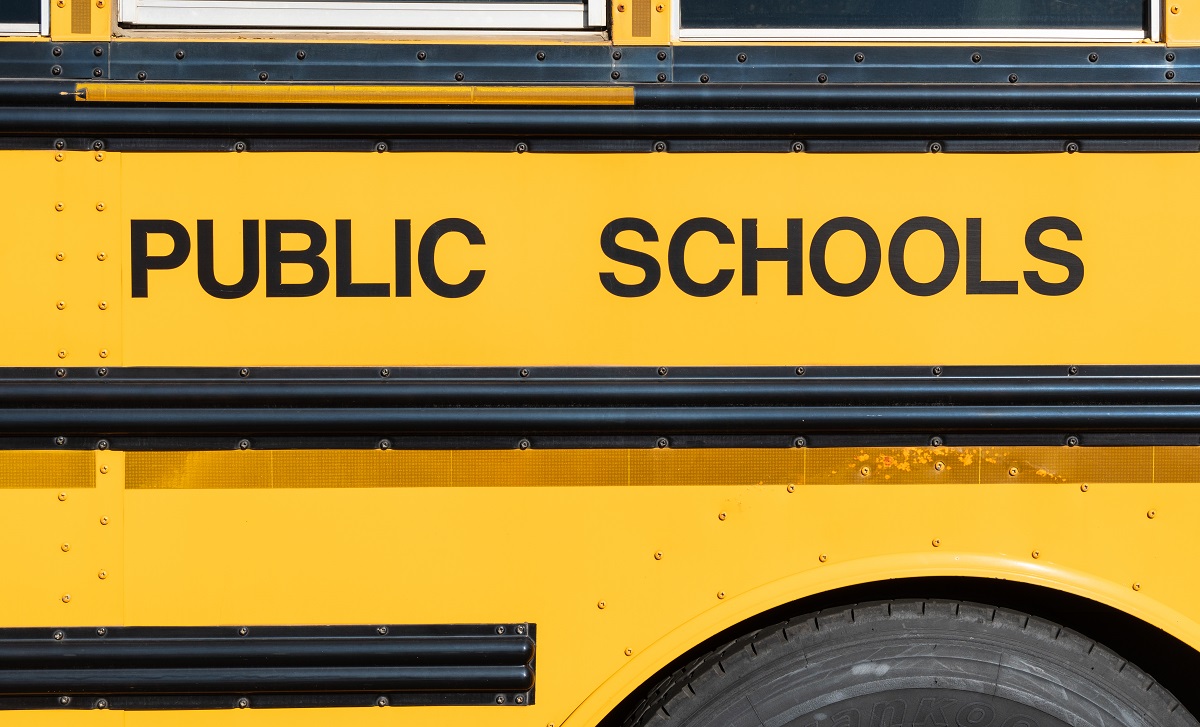Despite widespread attention on book bans in schools and libraries, a new survey shows the majority of families think such bans infringe on their right to make decisions about reading for their own children.
Of 853 parents and guardians with children under 18 surveyed during September 2023, 67 percent reported thinking that “banning books is a waste of time,” and 74 percent agree or somewhat agree that book bans infringe on their right to make decisions for their children. The survey also found that 92 percent of all respondents feel their children are safe at the library.
The findings — published by the EveryLibrary Institute, a public policy think tank for libraries, and Book Riot, the largest independent editorial book site in North America — suggest the demand may largely be among a small, but active minority of families. This would align with a recent analysis from The Washington Post, which found just 11 people were responsible for filing 60 percent of the 2021–22 book challenges. Other research suggests national advocacy groups with branches across the country are responsible for at least half of all bans.
“By gathering insights from parents, we hope to generate a body of informative and thought-provoking material that sheds light on the complex issues surrounding book bans and censorship,” Kelly Jensen, an editor at Book Riot, said in a statement. “Our ultimate goal is to foster an open dialogue around these issues and to support libraries and their users in navigating this challenging landscape.”
The survey asked families to share their experiences and opinions about book bans, their trust in libraries and their understanding of librarians’ book selection process, and their feelings on sensitive subjects in children’s books, including LGBTQ characters and themes, sex, race and social justice issues in reading and literature.
While 53 percent of respondents said they do not know how librarians decide what books should be in a library collection, 58 percent said they think librarians should be primarily responsible for what books are selected in the public library.
This survey — the first in a series of three focusing on parents and libraries — found that 57 percent of respondents said reading opens children up to new ideas, people and perspectives, and 44 percent say that teens should have access to books on controversial subjects and themes. Additionally, 66 percent of parents said “no” when asked if a book that their child checked out made them uncomfortable; 67 percent said “no” when asked if their child has ever been uncomfortable with a book they checked out.
Additional findings:
- Respondents are more comfortable with a child accessing age-appropriate children’s books related to “social justice” and “race/racism” than they are with a child accessing age-appropriate children’s books related to “LGBTQ characters” and “puberty and sexual education” themes. Nearly 16 percent of respondents do not think children under 18 should have access to books with LGBTQ characters; 9 percent do not think children under 18 should read books about race/racism.
- The vast majority — 95 percent — believe that parents should be involved in helping their children decide what to read. Yet the majority still agree or somewhat agree that books should be diverse and reflect multiple communities (at 57 percent and 32 percent respectively).
- Sixty-five percent of respondents said book banning is an important issue when voting. Of those, 30 percent vote Republican, 41 percent vote Democrat, 18 percent vote Independent and 9 percent are unaffiliated.





